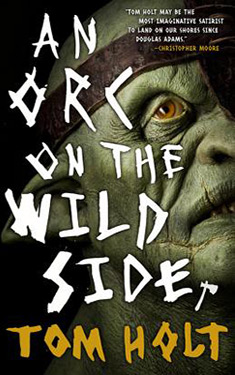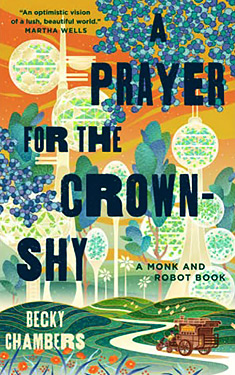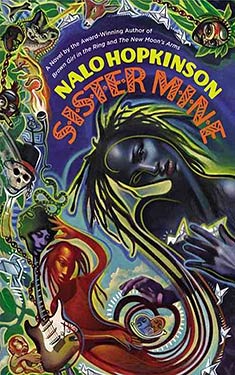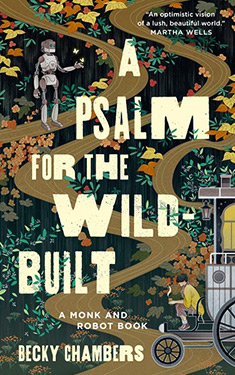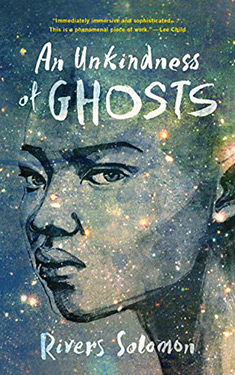Tom Holt
Completed 10/24/2024, Reviewed 10/24/2024
3 stars
This was a decent send up of fantasy, specifically poking fun at Tolkien. It made me smile a lot, but was not the rip-roaring laugh fest I thought it would be. However, the puns are great, the jabs at LOTR are amusing, the satire of the whole was well thought out. It made fun of race, gender, retirement, gentrification, middle class, and corporate greed. And it’s all played out in a basically plotless tale with elves, dwarves, wizards, goblins, wraiths, and humans. I enjoyed the book and will read more by Holt in the future. If you like authors like Terry Pratchett, Douglas Adams, and Christopher Moore, you’ll enjoy this one too.
The first half of the book begins with lots of disparate threads that take a while to come together. There’s the new Dark Lord who is trying to usher in a new Evil with better health care, fewer wars, and female goblins. There’s the king of the Dwarves who has a human cook. She’s secretly from another dimension here to try to pawn off cheap Chinese-made utensils and gadgets. There’s the human lawyer just fired from his Elven law firm for not having enough billable hours. He gets contacted by the great eye to buy up all the lands of the Realm and displace the inhabitants. And of course, there are the people from England who have come through a portal to buy (cheap) property homesteading the Realm in the parallel dimension.
There’s a lot going on. It is remarkable that there is no real plot, just lots of little scenarios. I guess it all eventually comes together as everyone tries to figure out who the great eye is and why is he trying to take over the Realm. And I must say, the author does a pretty good job of involving everyone. There are a lot of threads and they all somehow come together in the end.
The fun of the book is all the references to Tolkien works and general high fantasy novels. Holt keeps the humor at a pretty good level through most of the book. I smiled through almost the whole thing. I do have to say that the ending caught me off guard. The book was listed at 393 pages, but it ended at about 359. (the rest being promos of other books). So I was expecting a lot more elaborate of a conclusion. It wasn’t bad, just abrupt.
The characters were at about the right level of development for the type of comedy that is this book. Nothing too in depth, but enough that every character had a personality. It wasn’t Monty Python caricatures, but lots of all round silliness mixed in with some bright moments. I give the book three out of five stars because it’s good. I’m just a little disappointed it wasn’t funnier. Once again, this review is rather quick and short as I’ll be in a sling for my dominant shoulder for another 6 weeks.
